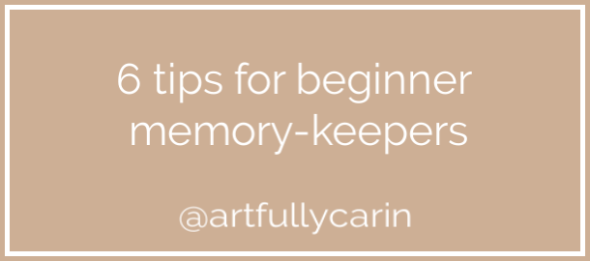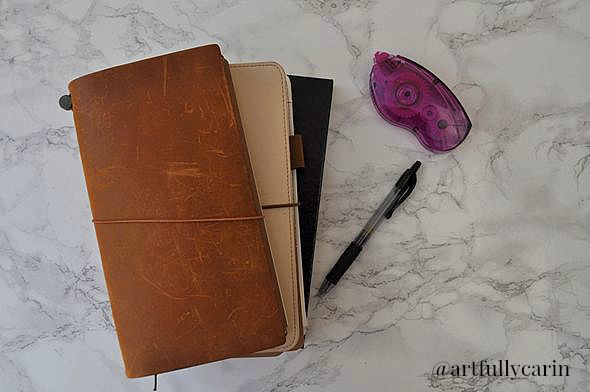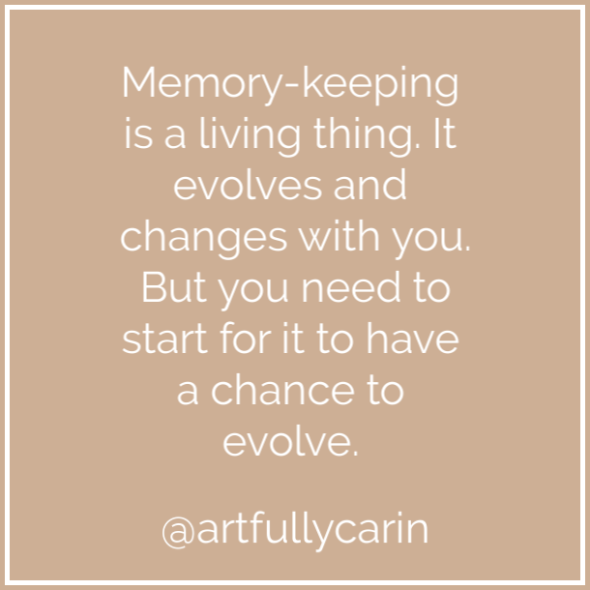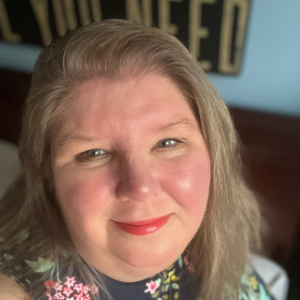Whether you’re a new mum who wants to get a handle on things before they get out of hand, or you have years’ worth of photos clogging up your devices, memory-keeping can be scary if you’ve never done it before.
I get it.
It seems like there are a million different ways to keep memories, and everyone you come across thinks their way is the best, so you don’t have a clue where to start. It seems really expensive with all the papers and gadgets and things people recommend. It’s been years since you did anything creative, so you’re not even sure it’s for you, but you want to do something. And how on earth do you find the time in the first place?
Let me reassure you; it is for you and you will find the time, but here are a few things you may want to think about before you start memory-keeping.
1) It’s never too late.
First of all, let me assure you that it is not too late. It may take a little while if you have a lot to sort through, but you will get there. Don’t despair. Any little thing you do from now is a step forward.
2) Start with the end in mind.
Before launching into a project, do a little bit of prep work. Ask yourself a few questions so you get off to a good start:
- Why do you want to keep memories? Is it a creative outlet or do you want to just jot down memories as quickly as possible? Do you want to do a project based on one event (for example a wedding), or do you want to document life in general?
- What’s important to you as a family? What stories do you want to share? Is it mainly for you or someone else? Or are you like me and want to do a bit of both?
- Do you want to write a lot, or focus on the photos?
- Who is going to do it? Will you do it on your own or will you share the work with someone?
- How much time have you got to devote to it each week? Will you mostly work in one big block of time or short bursts?
- What’s your personality? Do you prefer neutral or colourful? Do you like lots of white space or busy?
You may not be able to answer all the questions straight away and that’s okay. Do what you can. Once you’ve figured out your intentions, it’s a whole lot easier to begin.
Saying that, don’t lock yourself into a system too rigidly straight away. Be flexible. You may find your system changing quite a bit when you grow in confidence and experiment a bit more. You’ll find your style, but it may take a little while.
3) Start where you are.
Depending on what system you choose, it can be tempting to go back and start at the beginning. The problem with that is that you soon feel like you’ll never catch up. As a beginner, it is usually better to start where you are and enjoy the sense of accomplishment that comes from doing something. It builds momentum and gives you a chance to experiment. You can always go back and fill in the blanks later.
4) Keep it simple
Seriously, you don’t need much to keep memories. I know it may seem like you do, but you don’t. Get the basics now and build your collection of tools and supplies over time when you learn what you love, need and want. It’s better to do it super-simply to begin with than not do it at all. Trust it to change and get more creative over time. Memory-keeping is a living thing. It evolves and changes with you. But you need to start for it to have a chance to evolve.
I mostly keep memories in 3 ways; journaling, sketching, and scrapbooking in traveler’s notebooks, so they are what I’ll focus on here, but there are many other ways to do it.
Journaling: All you really need is a notebook and a decent pen, and perhaps an adhesive. Some people find it easier to start journaling in a planner or a 1 line a day or 5 year journal where there is limited space.
Sketching: A sketchbook and a pen or pencil and eraser. You can get fancy later.
Scrapbooking: Traditional scrapbooking didn’t make much sense to me, but scrapbooking in traveler’s notebooks did. I’m new to this myself, so I am right there with you, building up my collection of tools and supplies. To get started I found I needed a notebook, a few smaller scrapbook papers, and double sided tape. I used alpha stamps and stickers from my stash, but could easily have typed or written my words instead.
You see that photo up there? That could easily be my entire memory-keeping system. It isn’t, because I’m obsessed with journaling and sketching everyday life and have lots of projects on the go, but it could be. It doesn’t have to big or complicated to fulfil your needs.
5) Start collecting stories.
If you’re thinking of memory-keeping you’ve probably already got a few stories in mind. Save them in one place. Keep a list somewhere just for ideas. If it’s easier, talk notes into your phone and save them in one place.
Listen to questions others ask you. You may get inspiration from what your friends or kids ask you, or what your kids find absolutely amazing or incredible about your childhood (What? No mobile phones, ipods, PCs? How did you survive?)
6) Don’t play the comparison game
Get inspired by all the wonderful, creative projects and people you see online, but don’t let them stop you in your tracks. Playing the comparison game can be paralysing. We’re all on different paths of our creative journey.
I find that when something really bothers me, when I get jealous or down about what others can do, it’s because it’s something I really want to do but can’t do yet. I try to turn it around in my head. Instead of whinging “They’re so good, I’ll never be able to do that” and throwing in the towel, I try thinking “Wow! They’re so good! They must have invested so much time and effort into learning….”. Then, I put that thing on a dedicated learning list in my notebook and start setting aside time to work on one or two of the things on that list.
That’s all the tips I have for you today. But ultimately; just start! Expect it to feel a bit awkward and unnatural to begin with and be okay with that. You’ll soon find your groove and a style that suits you.




Very good advice! So happy to see you blogging again!
Oops, anartfulmom.com
Third time’s a charm. http://anartfulmom.com
Thank you Pam! It’s good to be back, and I’m so happy to have gotten to know you in the process. Thanks for being so encouraging! 🙂